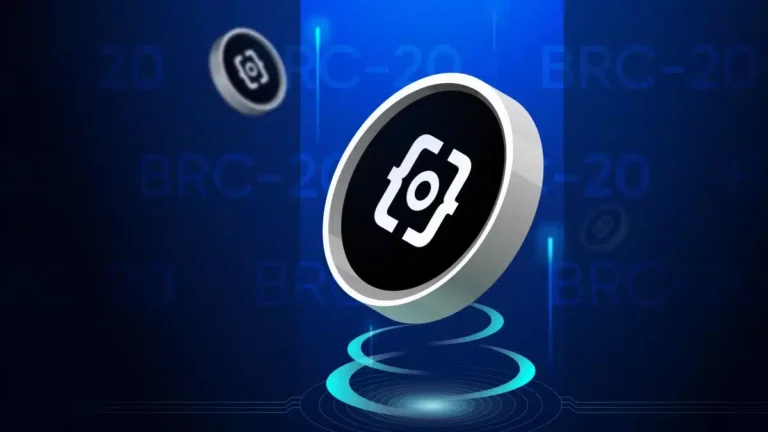US Cities Dive into Basic Income Experiments: Unpacking the Bold Initiatives

- US cities are launching basic income trials worth $14.49 million.
- Initiatives in Ann Arbor, Austin, Philadelphia, and Santa Clara County aim to study the impact of distributing funds to low-income citizens.
In a financial revolution, several US cities are boldly embarking on basic income trials, collectively investing $14.49 million. The primary objective is to gain a deeper understanding of the consequences of providing unconditional funds to low-income citizens. These experiments are poised to shed light on the tangible impacts of innovative economic strategies.
Ann Arbor, Michigan, distinguishes itself with a pilot program targeting a unique demographic: entrepreneurs, freelancers, small business owners, gig workers, and individuals engaged in side gigs. A substantial fund of $1.2 million is designated for distribution among 100 randomly selected recipients, commencing in 2024. These fortunate individuals will receive $528 per month for two years.
However, to qualify, individuals must have an annual income at or below 225% of the established federal poverty threshold. The funding for this initiative is sourced from the American Rescue Plan Act, as approved by the Ann Arbor City Council.
Moving southwest to Austin, Texas, a significant sum of $1.3 million is allocated to sustain an ongoing basic income trial. This pilot primarily targets individuals grappling with homelessness or facing eviction, offering them a monthly relief of $1,000.
Philadelphia’s Multi-Faceted Approach
Venturing eastward to Philadelphia, Pennsylvania, the city has earmarked $449,400 for its basic income initiative. The program is structured into two parts:
- Fifty-one families currently receiving temporary financial aid will receive $500 each month for a year.
- An additional 239 families will benefit from an extra $50 per month.
The spotlight then shifts westward to Santa Clara County, California, where a substantial allocation of $12 million is slated for distribution across four distinct basic income trials. Remarkably, the county has received encouraging feedback from an earlier pilot program targeting foster youth, initiated in 2020.
Participants in the previous scheme experienced significant improvements in various life quality metrics, including income consistency, employment rates, housing stability, and credit scores. This program’s success is further highlighted by stories of generational upliftment, such as children enrolling in extracurricular activities and securing jobs that foster enhanced family time.
















